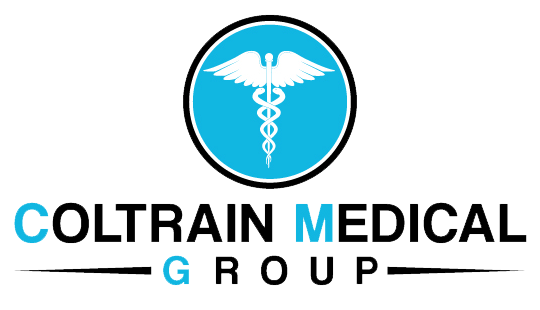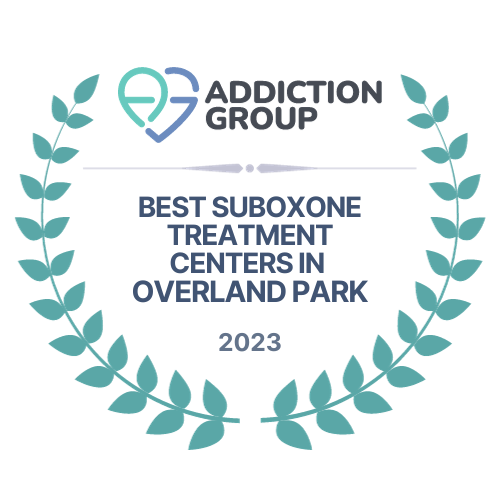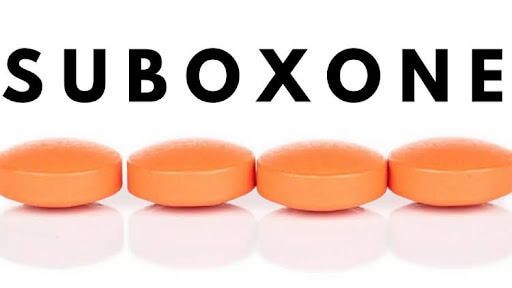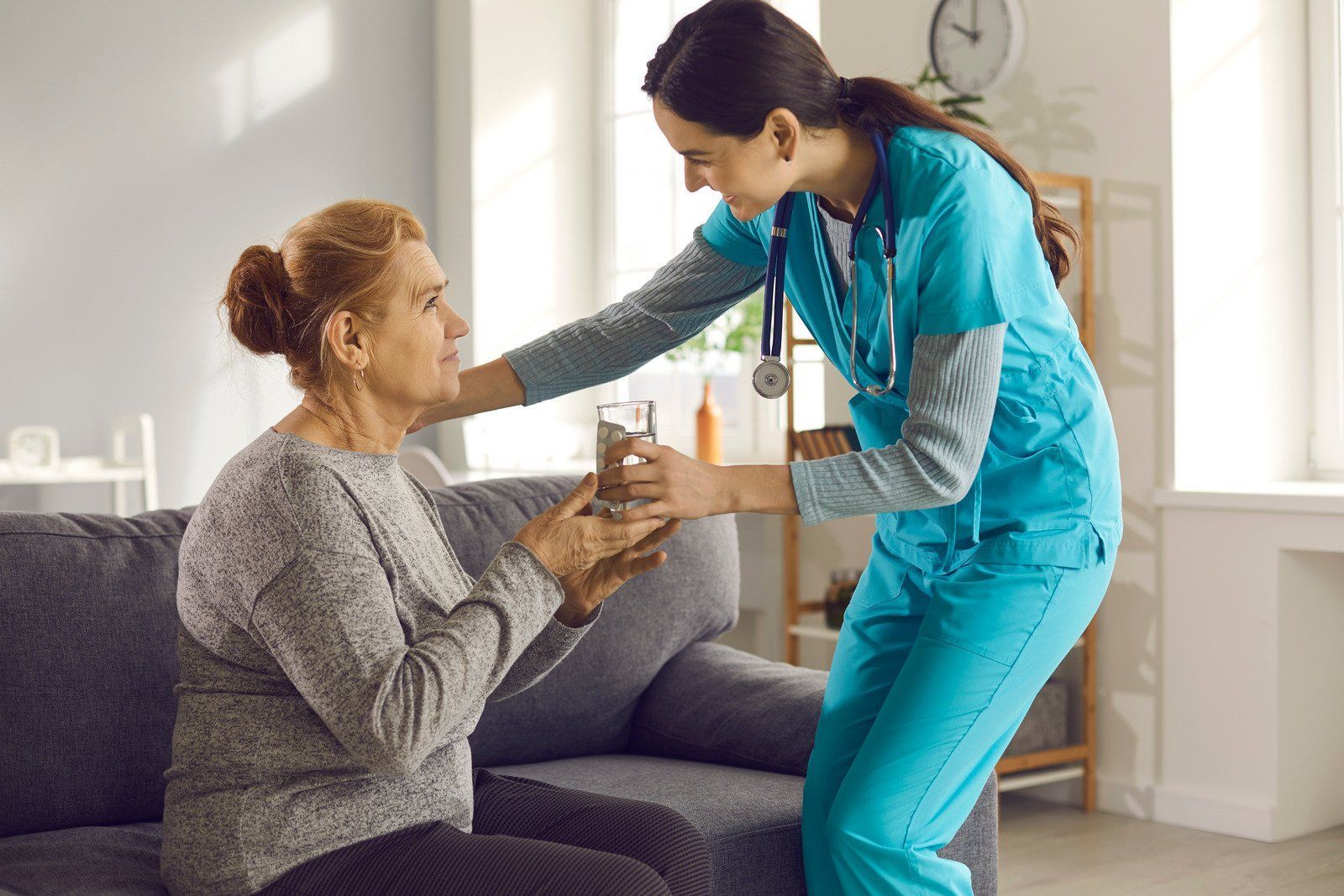Opiate Addiction Treatment Program in Overland Park, KS: Emphasizing Mental Health with Coltrain Medical Group
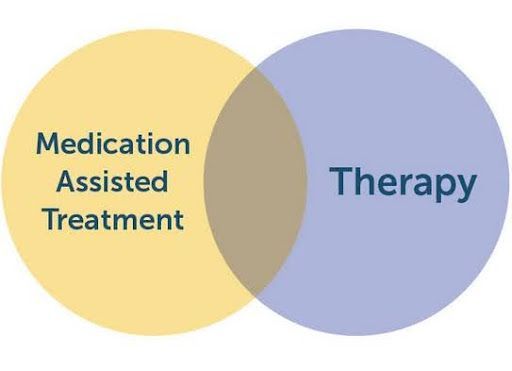
Welcome to Coltrain Medical Group, where we prioritize your journey to recovery from opiate addiction with our comprehensive opiate addiction treatment in Overland Park, KS.
Our client-centric approach revolves around emphasizing mental health as a crucial aspect of the recovery process.
THE IMPACT OF OUR OPIATE ADDICTION PROGRAM IN OVERLAND PARK, KS
Opiate addiction knows no bounds, affecting individuals and families across all demographics in Overland Park, KS. The opioid epidemic has left a profound mark on our community, with rising rates of overdose deaths, emergency room visits, and social upheaval.
At Coltrain Medical Group, we understand the gravity of this crisis and are committed to providing comprehensive treatment solutions that address the multifaceted nature of opiate addiction.
Understanding the Role of Mental Health in Opiate Addiction Recovery
Mental health plays a pivotal role in opiate addiction recovery, influencing both the development of addiction and the journey to sobriety.
Many individuals struggling with opiate addiction face underlying mental health disorders such as depression, anxiety, trauma, or PTSD. These co-occurring conditions often exacerbate addiction and complicate the recovery process.
At Coltrain Medical Group, we recognize the interconnectedness of mental health and addiction and prioritize integrated treatment approaches that address both aspects simultaneously.
Understanding the Neurobiology of Opioid Addiction:
Opioid addiction is a complex condition that involves changes in the brain's neurobiology, particularly in areas associated with reward, motivation, and decision-making.
When opioids are introduced into the body, they bind to specific receptors in the brain, triggering the release of neurotransmitters such as dopamine, which are responsible for feelings of pleasure and euphoria.
Repeated use of opioids can lead to neuroadaptation, where the brain becomes less responsive to the drug's effects over time. This phenomenon, known as tolerance, often drives individuals to increase their opioid intake in search of the same pleasurable effects.
With continued use, the brain undergoes further changes, resulting in dependence, characterized by withdrawal symptoms when opioid use is discontinued.
Cravings, a hallmark of opioid addiction, arise from the brain's intense desire to experience the euphoric effects of opioids again.
These cravings can be overwhelming and drive individuals to engage in compulsive drug-seeking behavior, even in the face of adverse consequences.
Understanding the neurobiology of opioid addiction highlights the importance of addressing the underlying changes in brain chemistry during treatment.
Medication-Assisted Treatment (MAT) targets these neurobiological mechanisms by stabilizing brain function, reducing cravings, and minimizing withdrawal symptoms, providing a foundation for recovery.
The Role of Medication-Assisted Treatment in Opioid Addiction Recovery
Medication-Assisted Treatment (MAT) is a comprehensive approach to opioid addiction recovery that combines medication with counseling, therapy, and support services.
The primary goal of MAT is to reduce withdrawal symptoms, cravings, and the risk of relapse while promoting overall well-being and stability.
MAT utilizes different types of medications to achieve these goals, including opioid agonists (e.g., methadone), partial agonists (e.g., buprenorphine), and antagonists (e.g., naltrexone).
These medications work by binding to opioid receptors in the brain, either activating them to a lesser extent (partial agonists) or blocking them altogether (antagonists), thereby reducing the effects of opioids and preventing withdrawal symptoms.
In addition to medication, the success of MAT is enhanced with psychosocial interventions, which address the underlying psychological, social, and behavioral aspects of addiction.
These interventions help individuals develop coping skills, improve emotional regulation, and build a supportive network of peers and professionals to aid in their recovery journey.
Research has consistently shown that MAT is highly effective in reducing opioid use, improving treatment retention, and decreasing the risk of overdose and death.
Psychosocial Interventions in Opioid Addiction Treatment
Psychosocial interventions play a crucial role in opioid addiction treatment by addressing the underlying psychological, social, and behavioral factors contributing to addiction.
These interventions are typically integrated into comprehensive treatment plans alongside medication-assisted treatment (MAT) to provide a holistic approach to recovery.
Therapy
Therapy, conducted with a licensed therapist or counselor, allows individuals to explore the root causes of their addiction, identify maladaptive thought patterns and behaviors, and develop coping strategies to manage cravings and triggers.
Cognitive-Behavioral Therapy (CBT)
Cognitive-behavioral therapy (CBT), in particular, is effective in helping individuals recognize and change negative thought patterns and develop healthier coping mechanisms.
Group Therapy
Group therapy provides opportunities for individuals to connect with peers who are facing similar challenges, share experiences, and offer mutual support and encouragement.
Group therapy sessions may focus on topics such as relapse prevention, communication skills, and stress management, providing a supportive and nonjudgmental environment for individuals to explore their recovery journey.
Family Therapy
Family therapy involves working with the individual's family members to address family dynamics, improve communication and support, and resolve conflicts that may contribute to or result from addiction.
Family therapy can strengthen familial relationships, enhance the individual's support system, and promote a more stable and supportive home environment conducive to recovery.
Contingency Management
Contingency management, another psychosocial intervention, involves providing tangible rewards or incentives for positive behaviors, such as attending therapy sessions, remaining abstinent from opioids, or achieving treatment goals.
This approach reinforces pro-recovery behaviors and helps individuals stay motivated and engaged in their treatment.
Overall, psychosocial interventions complement medication-assisted treatment (MAT) by addressing the psychological, social, and behavioral aspects of addiction and promoting holistic recovery.
By incorporating these interventions into comprehensive treatment plans, individuals can develop the skills and support networks necessary to achieve and maintain sobriety.
Addressing Co-Occurring Disorders in Opioid Addiction Treatment:
Opioid addiction often co-occurs with other mental health disorders, such as depression, anxiety, PTSD, or bipolar disorder.
These co-occurring disorders can complicate the recovery process, increase the risk of relapse, and negatively impact overall treatment outcomes.
Therefore, it is essential to address both addiction and co-occurring disorders simultaneously in treatment.
Integrated treatment approaches, such as dual diagnosis treatment, aim to address the complex interplay between addiction and mental health disorders by providing comprehensive and coordinated care.
These approaches involve collaboration between addiction specialists and mental health professionals to develop individualized treatment plans that address the unique needs of each client.
Dual diagnosis treatment typically includes a combination of medication management, therapy, counseling, and support services tailored to address both addiction and mental health concerns.
Medications may be prescribed to manage symptoms of mental health disorders, stabilize mood, or reduce anxiety, while therapy and counseling help individuals explore underlying issues, develop coping skills, and learn strategies to manage symptoms.
By addressing co-occurring disorders in treatment, individuals can experience improved treatment outcomes, reduced risk of relapse, and enhanced overall well-being.
Integrated treatment approaches recognize the interconnected nature of addiction and mental health and provide a holistic framework for recovery that promotes lasting sobriety and wellness.
Relapse Prevention Strategies in Opioid Addiction Recovery:
Relapse prevention is a critical component of opioid addiction recovery, as relapse can undermine progress and jeopardize long-term sobriety.
However, relapse is not inevitable, and there are effective strategies that individuals can employ to reduce the risk of relapse and maintain their recovery.
One key strategy is to identify and avoid relapse triggers, which are situations, people, or environments that increase the likelihood of relapse.
Common relapse triggers for individuals recovering from opioid addiction may include stress, negative emotions, exposure to drugs or drug-related cues, and social pressures.
To effectively manage relapse triggers, individuals can develop coping strategies and alternative responses to stressful or triggering situations.
These may include practicing relaxation techniques, engaging in healthy activities, reaching out for support from peers or professionals, and implementing distraction techniques to redirect thoughts and behaviors away from substance use.
Having supportive friends, family members, peers, and professionals who understand and respect the individual's recovery journey can provide encouragement, accountability, and guidance during challenging times.
Support groups, such as 12-step programs or peer-led recovery groups, can also offer valuable peer support and fellowship.
Self-care practices, such as prioritizing physical health, maintaining a balanced lifestyle, and practicing mindfulness or meditation, can help individuals manage stress, reduce cravings, and maintain overall well-being.
Taking care of oneself emotionally, physically, and spiritually can strengthen resilience and enhance the individual's ability to cope with challenges without resorting to substance use.
Frequently Asked Questions About Opioid Addiction Treatment
How Does Medication-Assisted Treatment (MAT) Differ from Traditional Approaches?
MAT involves the use of medications, such as buprenorphine or methadone, alongside counseling and behavioral therapies to treat opioid addiction. MAT addresses the underlying neurobiological changes caused by opioid dependence, helping to stabilize brain chemistry, reduce cravings, and prevent withdrawal symptoms.
Is Medication-Assisted Treatment (MAT) Safe and Effective?
Yes, MAT is considered safe and effective for treating opioid addiction when used as part of a comprehensive treatment plan under the supervision of healthcare professionals. Research has consistently shown that MAT reduces opioid use and overdose deaths among individuals with opioid addiction.
How Long Does Opioid Addiction Treatment Typically Last?
The duration of opioid addiction treatment varies depending on individual needs, treatment goals, and response to therapy. While some individuals may achieve stabilization and recovery relatively quickly, others may require longer-term treatment and support.
Take Control of Your Recovery Journey Today
At Coltrain Medical Group, we are dedicated to providing compassionate and comprehensive opiate addiction treatment that prioritizes mental health and wellness in Overland Park, KS.
Through our client-centric approach, we empower individuals in Overland Park, KS, to overcome addiction and reclaim their lives.
If you or someone you know is struggling with opiate addiction in Overland Park, contact us today to learn more about how we can help you on your journey to recovery.
You might also like
Book a Service Today
We will get back to you as soon as possible
Please try again later
Our Overland Park office is proud to offer Easy and flexible scheduling A quiet, clean and intimate office environment
Caring and nonjudgmental staff
CONTACT INFO
Phone: 913-295-9600
Email: info@opiaterecoveryks.com
6842 W 121st Ct., Ste 101
Overland Park, KS 66209
All Rights Reserved | Opiate Addiction Treatment
